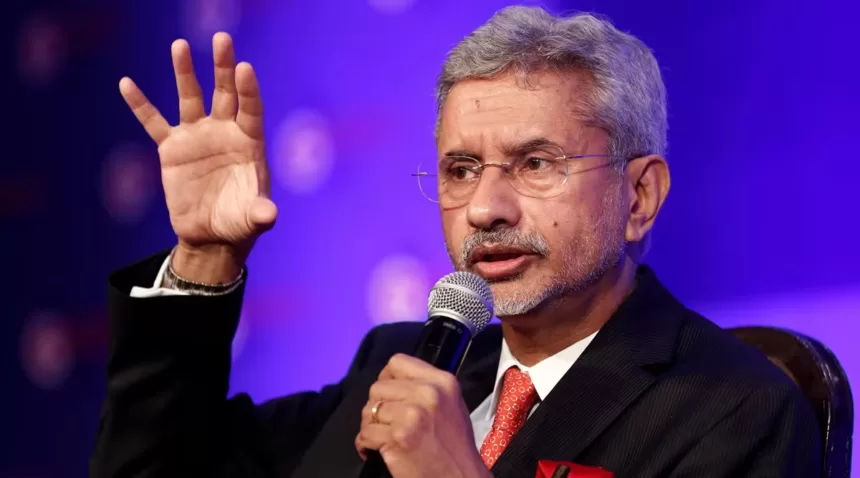In a recent address in Washington, D.C., External Affairs Minister S. Jaishankar weighed in on the state of minorities in India, categorically dismissing concerns regarding discrimination based on religion. Jaishankar astutely remarked that the true measure of equitable governance and societal balance lies in whether discrimination prevails concerning amenities, benefits, access, and rights. He underscored India’s remarkable transformation, particularly its burgeoning social welfare system, in a nation with a per capita income of less than $3,000.
Jaishankar further highlighted India’s assertive role on the international stage, a feat unparalleled in history. He emphasized the manifold benefits of this global engagement, citing improvements in housing, healthcare, nutrition, financial inclusion, and educational accessibility. He boldly challenged anyone to present evidence of discrimination, asserting that digitization has rendered governance more impartial.
Nonetheless, he acknowledged that in our globalized world, critiques persist, often motivated by political interests. He candidly acknowledged the historical prevalence of vote banks and certain sections enjoying perceived privileges.
During the event, Jaishankar commended India’s remarkable strides in digital payments, with an impressive 90 billion cashless transactions recorded last year, surpassing the US and China. Street vendors, he noted, now readily accept cashless payments via QR codes.
Furthermore, Jaishankar emphasized India’s global contributions, particularly in the realm of Yoga, which has played a pivotal role in enhancing global health over the past decade. He also highlighted India’s expanding presence in the global economy and its growing trade relations with Middle Eastern countries, where it stands as the largest trade partner for the UAE and among the top three for Saudi Arabia.
These statements come on the heels of Jaishankar’s meeting with UAE’s Foreign Minister Sheikh Abdullah bin Zayed Al Nahyan during the 78th United Nations General Assembly session in New York City. Both leaders acknowledged the rapid progress in bilateral cooperation and exchanged views on regional and global matters.
In a significant development, India, UAE, Saudi Arabia, the US, and the European Union recently unveiled the ambitious ‘India-Middle East-Europe Economic Corridor’ initiative. This groundbreaking endeavor seeks to reshape trade routes between the Gulf, Europe, and South Asia, bolstered by rail and sea connections.
In this dynamic landscape, India’s global footprint continues to expand, promising multifaceted benefits for the nation and its international partners.




